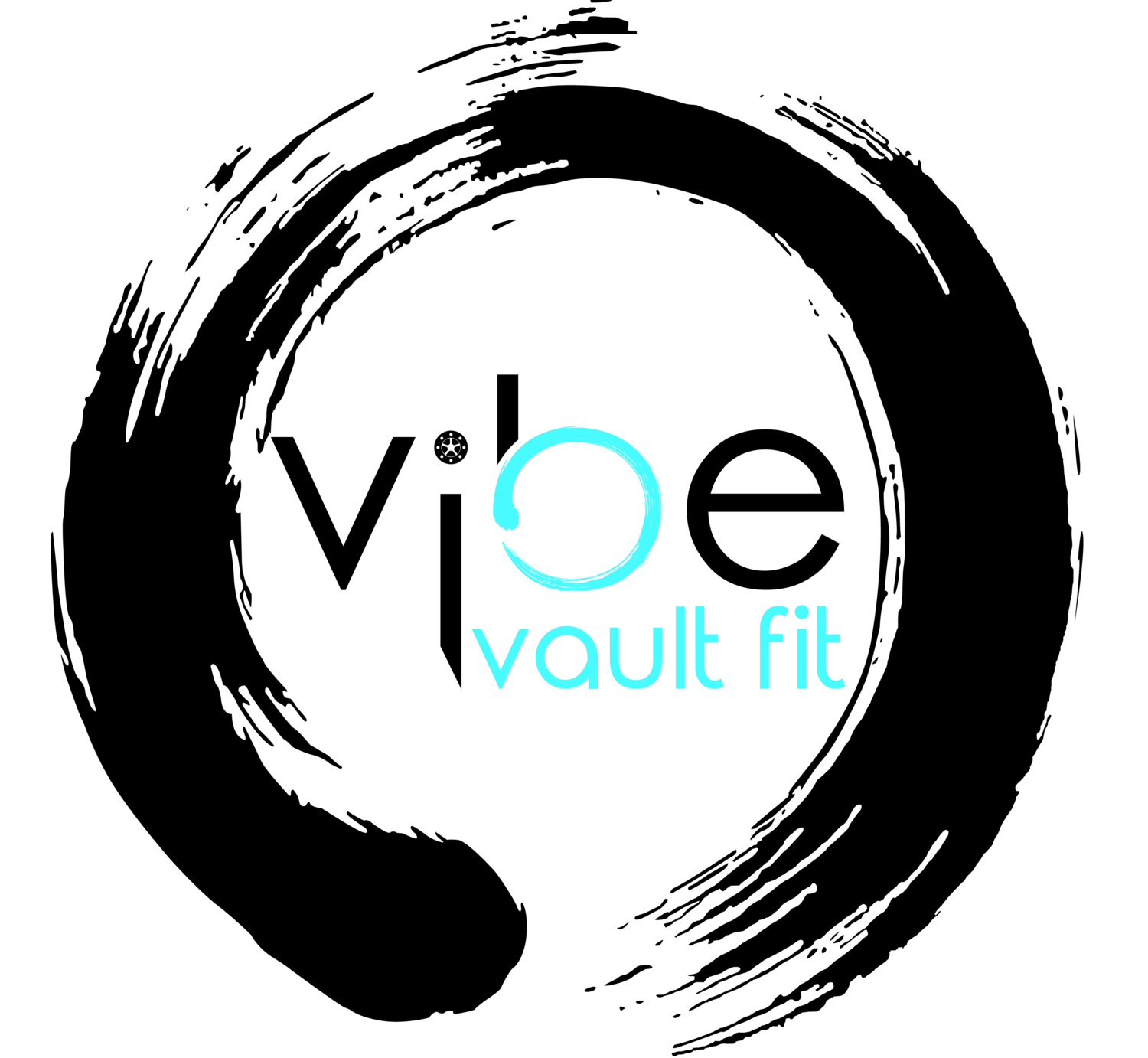Our Resurrection: Living Awake.
Sometimes, though not often, I pen down something in the form of poem. I wrote this once when I was thinking about how many of us learn to adapt to the big, sometimes unbearable, emotions of our younger lives:
I am starting to feel again.
It wasn’t an option for me for a while if I was to survive.
So, I put her away... my heart... my pulse...my center
And then I died.
I died even as I continued to live.
A half-life.
A no life.
But I lived.
And then the thing happened; the worst of worst imaginable things and I could no longer afford to retreat into death.
So, I fought, and I woke.
And I learned to control my breath.
I am starting to feel again.
To live again.
A fuller life.
A real life.
With presence and passion and hope and joy and love and the pain that must come with all of it.
But I am getting stronger.
Resurrected.
Awake.
The theme we are exploring this month “Awaken,” resonates so deeply with me. Sometimes we go through experiences in childhood that feel too big for us to emotionally deal with and process. These can be, but don’t have to be, big T Traumas (a major loss or Trauma), or they can be little everyday traumas of neglect, uncertainty, parental separation, racism, bullying, social isolation, or financial instability.
When we are small, and the feelings are too big, disconnection, dissociation or repression of emotion can be our only way to function and survive, and I think that’s ok.
The difficulty of disconnection, dissociation, and repression emerge when we hold on to these forms of coping much longer in our lives than we need to; when we are no longer small, and the coping methods are no longer adaptive and may instead be robbing us of a full life.
Disconnection and dissociation do not, in most cases, present as either a complete split in personality (as is often portrayed in movies with dissociative identity disorders) or as a sociopath who doesn’t have any empathy or feeling. Your run-of-the-mill disconnection and dissociation can range from feeling a hum (an interference) between mind and heart, floating a little outside of your emotions or your body, having a more difficult time accessing your feelings, not being present in your life, to subconscious avoidance of emotions by staying constantly busy or zoning out on social media, binging telly, to every form of addiction. All of us do these things to some extent but depending on the extent and manner of engaging in these behaviors it may or may not be a sign of problematic disconnection or dissociation.
In as much as we are not truly present, open, aware, or allowing ourselves to feel our way through life, I dare to say we are not fully living.
Brené Brown says, in human psychology, people tend to react emotionally first:
"We think we are cognitive beings who occasionally feel. We are not. We are feeling beings who on occasion think."
If we avoid emotions, we avoid what makes us human. We excise an essential part of ourselves and our interaction with the world. We limit our capacity to fully experience life.
It may feel counter-intuitive to us, but it is only when we are able to cry, that we open ourselves up to being able to laugh. Only when we are able to bear loss, do we open ourselves to being able to love deeply. We cannot experience joy without risking sorrow. There is no deep connection without also feeling the fear of separation. This is no achievement without challenge, or, as Brown says, no courage without vulnerability.
Living fully, opening ourselves up to all the gorgeous experiences and emotions life can offer requires a commitment to be present and feel it all.
There is, however, an even more critical function of emotion: Emotions are our gateway to our truth. Nature armed us with emotions to help us navigate our way through life. When we feel fear rising, we know we must move with caution. Anger can indicate a line has been crossed and tells us what we most value. According to Martha Beck, suffering tells us something is not right, it tells us we are living out of alignment with our true nature. Susan David calls emotions data: she says they clue us into our internal lives.
Of course, the culture we grow up in (including our familial and social systems) messes with our emotions. It tells us what we should and should not feel, and when. Emotions can get clouded from the many voices and messages around us, but our deeper unadulterated emotions are an internal compass, a guidance system, which always leads us to our truth.
Shutting ourselves off from our emotions means living a half-life. A no-life. It is not sustainable, and at some point, I can almost guarantee there will be a reckoning. When we wake to our emotions, yes, we are going to hurt, but we will also thrive. We will open to joy, and it will guide us to life that is fuller more meaningful to us.
How do we awaken? I am on this same journey as you, so I don’t have authoritative answers, but the one way I have found to awaken, is through stillness.
Non-doing.
Mindfulness.
Meditation.
Awareness.
Breath.
Through all of it we open ourselves to experiencing what is. We resurrect. We awaken.
Stillness is our way to “awakeness”.

